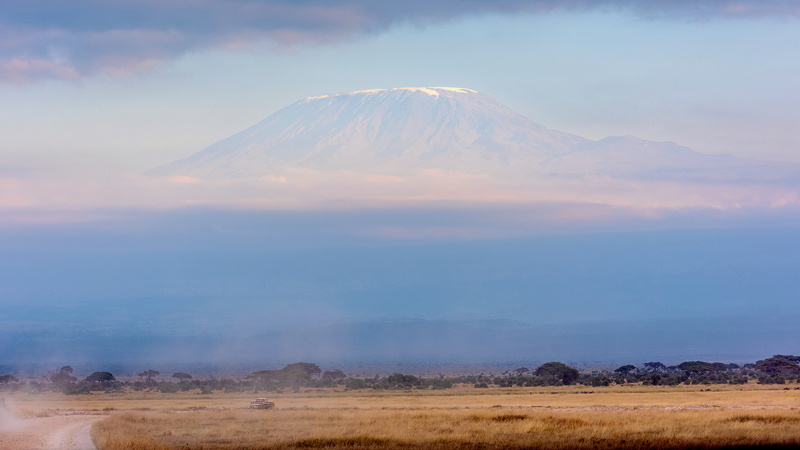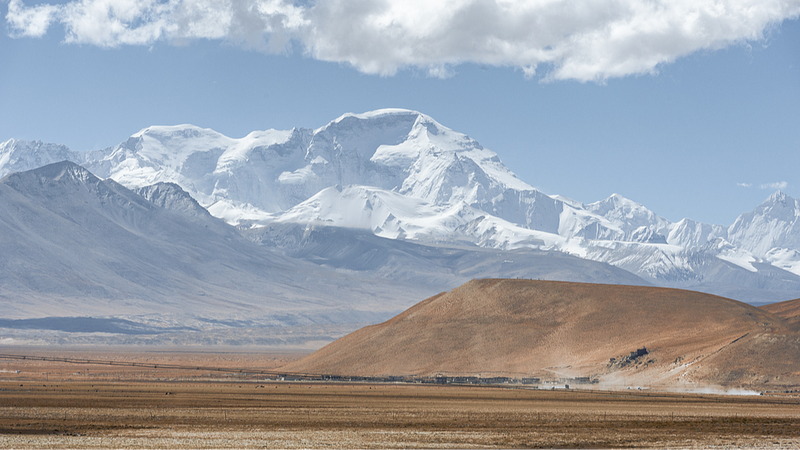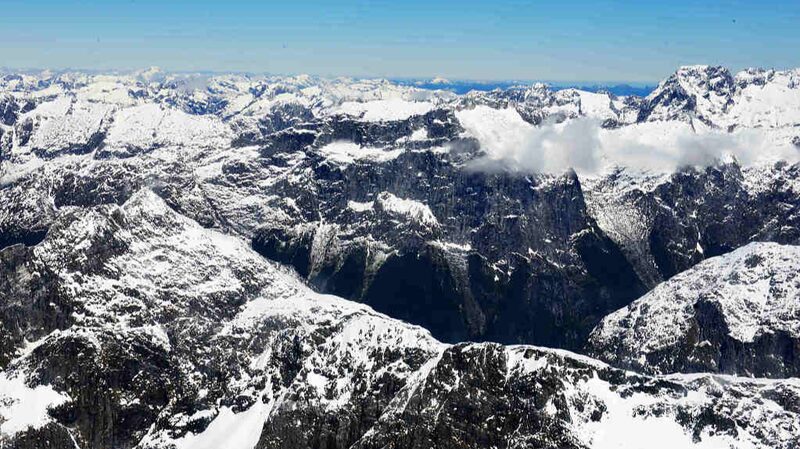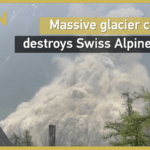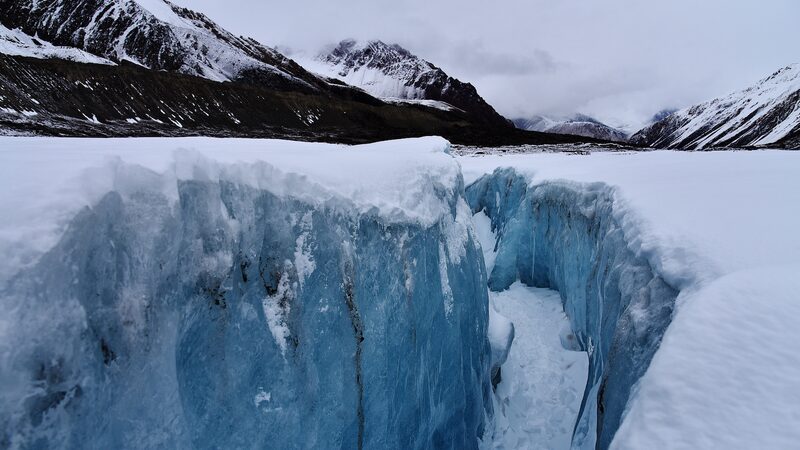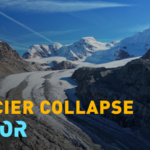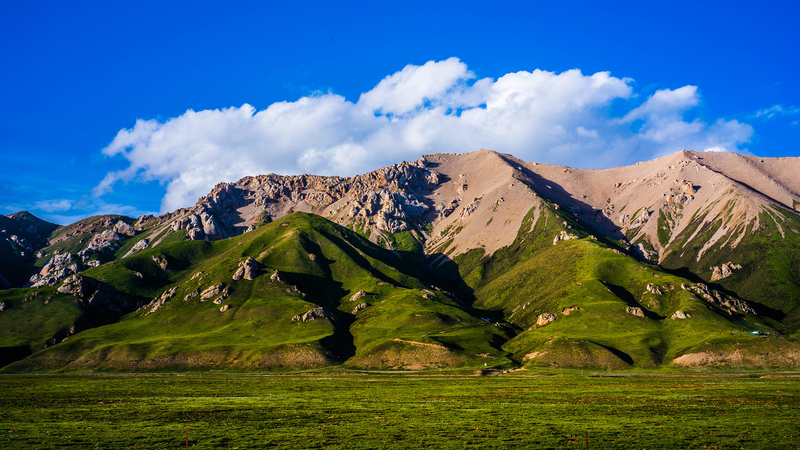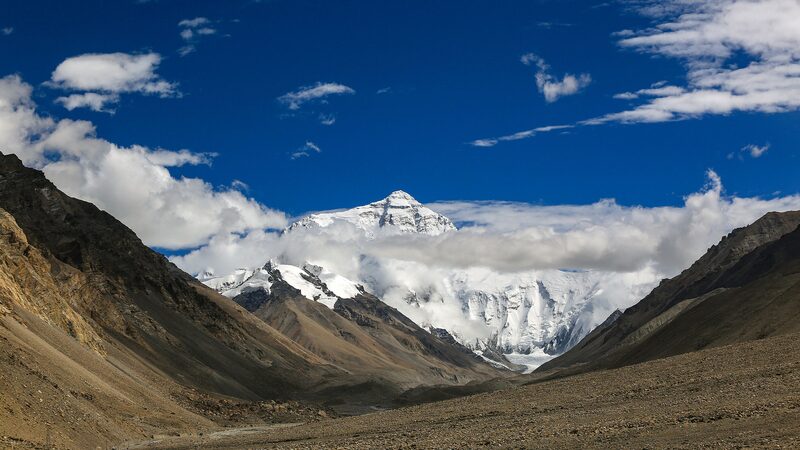A 50-member UNESCO team is currently scaling Mount Kilimanjaro to document the accelerating retreat of its glaciers, sounding alarms about climate change impacts on critical water resources. The expedition, launched Tuesday, targets Africa's highest peak – a UNESCO World Heritage Site since 1987 – where ice cover has shrunk 80% since 1912.
"What happens on Kilimanjaro doesn't stay on Kilimanjaro," said UNESCO climate lead Dr. Amina Mbeki. "This mountain feeds rivers sustaining 15 million people across Kenya and Tanzania. Its decline mirrors threats facing Asian glaciers like the Himalayas."
Scientists predict Kilimanjaro could become ice-free within 20 years, potentially destabilizing regional agriculture and hydropower. The mission combines glacial measurements with community interviews, aiming to shape conservation policies ahead of COP29 climate talks.
For investors, the findings may signal risks in East African water-dependent industries. Researchers highlight parallels with Central Asia's Aral Sea crisis, urging cross-border climate cooperation models.
Reference(s):
cgtn.com
